Description
Despite the popularity of CBT, and the fact that it takes on average eight years to become accredited, there is a lack of clear, consistent career guidance. This can lead to confusion and misguided choices, adding years to the journey or causing people to feel stuck. Tackling this information shortage, The CBT Career Guide offers an overview of the various pathways and specific requirements regarding courses of study, and the relevant clinical experience needed to enter training. Following an introduction, the book is organized into three sections. Section 1 (‘Attract’) takes a broad look at the pathways to and requirements for becoming a CBT therapist and offers advice on preparing for training and interviews, including how to craft applications to increase the chances of selection. Section 2 (‘Retain’) focuses on how to maintain and develop skills and knowledge to meet accreditation standards. Finally, Section 3 (‘Develop’) considers the career pathways that are available once accredited as a CBT therapist.
Audience
Anyone interested in a career in CBT – including A Level, college and university students, those who have a degree but no clinical experience, those working in a mental health profession who want to specialise in CBT, and those considering a career change and wondering where to start. The book will also be helpful to career advisers in schools, colleges and universities, and to educators and employers.
Details
Publisher: Pavilion Publishing and Media Ltd
ISBN: 9781803883793
Publication Date: March 2024
Page count: 300
Content
Foreword by Richard Thwaites
1. Introducing the ARD model of CBT career development
2. Building a CBT therapist
3. What does a CBT career look like?
4. Diversity in CBT
Attract
5. CBT career roadmap: Pathways to becoming a cognitive behavioural therapist
6. Gaining relevant clinical experience
7. KSA (Knowledge; Skills; Attitudes) route
8. Preparing for training
9. Getting the most from training
10. Managing rejection and failure
Retain
11. Accreditation
12. Maintaining skills and knowledge
13. Maximizing clinical supervision
14. Managing stress and preventing burnout
Develop
15. Career vision
16. CBT career options
17. Working independently as a CBT entrepreneur
18. Promoting CBT careers
Appendices
Author
Helen Moya is Chartered Psychologist and an accredited cognitive behavioural therapist with over thirty years of experience in both clinical and academic roles within mental health and learning disabilities. She was Course Director on a CBT training programme for six years, and has practiced CBT in different services and independently, with a particular interest in ADHD. She has worked in a primary care service as part of the Improving Access to Psychological Therapies (IAPT) programme providing CBT to NHS patients, and in an outpatient hospital service for people with medically unexplained symptoms. Helen runs a private practice, Moya CBT, where she offers CBT treatment for clients and career advice for those interested to become a CBT therapist.

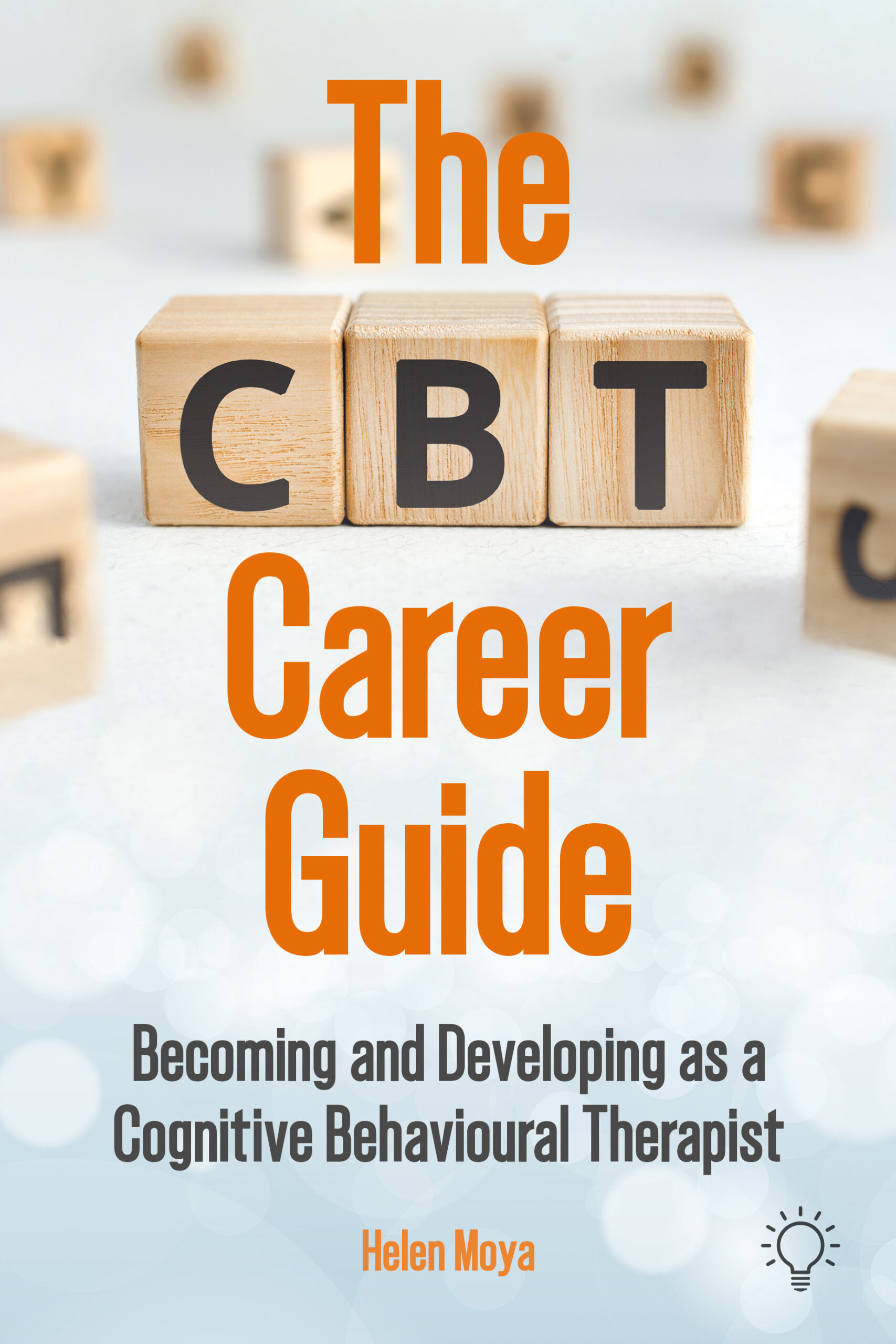
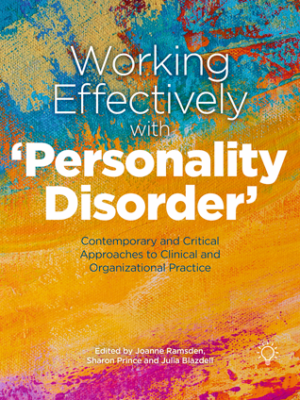
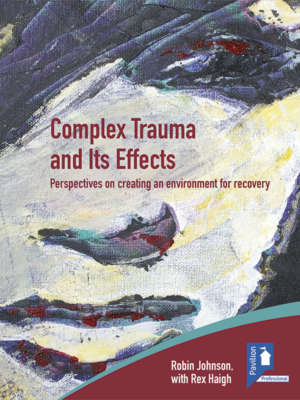
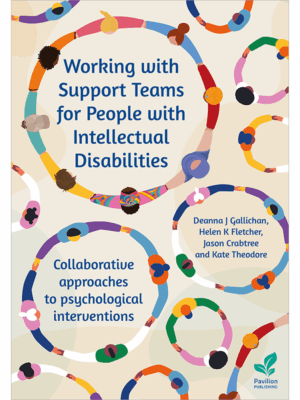
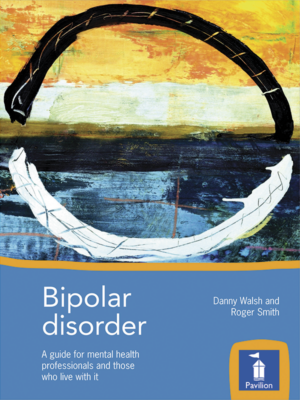
Reviews
There are no reviews yet.